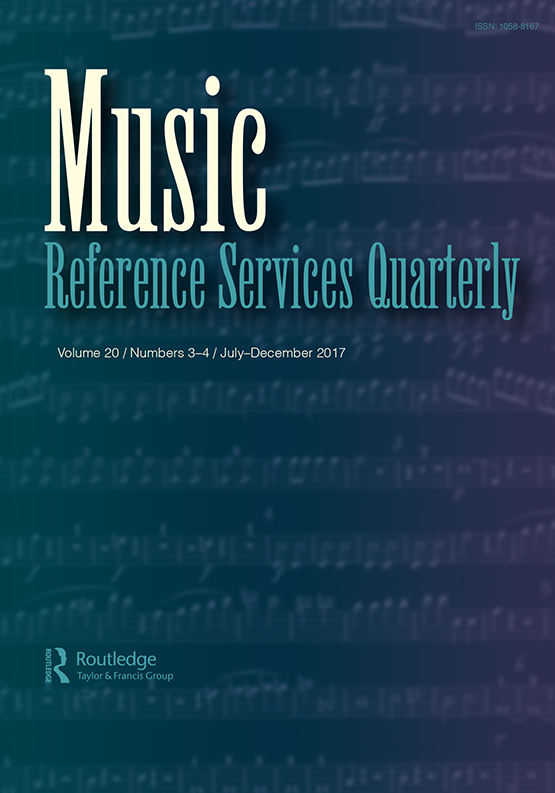tandfonline.com har udgivet en rapport under søgningen “Teacher Education Mathematics”:
ABSTRACT
ABSTRACT
Musicologists and music theorists have traditionally been early adopters of technological tools to assist with research. The earliest digital humanities projects in musicology and music theory came directly out of humanities computing and quantitative analytical technologies developed in the 1980s, but newer projects created since the mid-2000s still reflect this past of algorithmic analysis and archival compilation, retrieval, and display. Computational and archival research is, currently, only one branch of digital humanities. The umbrella of digital humanities research now also includes digital publishing, philosophies of digital research, and “born digital” projects that cannot exist outside of a digital medium (e.g., virtual reality or 3D modeling). This shift in the digital humanities represents a move to a “bigger tent” that includes more types of projects. Musicological and musico-theoretical scholarship is slowly moving in this direction.
Music librarians have been at the forefront of identifying and promoting new digital tools and archives, even though these projects have tended to remain at the periphery of musico-theoretical discourse. They should be on the lookout for “bigger tent” projects, such as medieval and renaissance projects like the Isabelle D’Este Archive, Opening the Geesebook, and the Experience of Worship. These projects are characterized by being iterative and multi-modally engaging, as well as emerging from communities of practice and intentionally engaging a public audience. Music librarians should also be aware of systemic challenges to creating and supporting digital projects because these issues are at the center of libraries supporting all types of digital scholarship.
